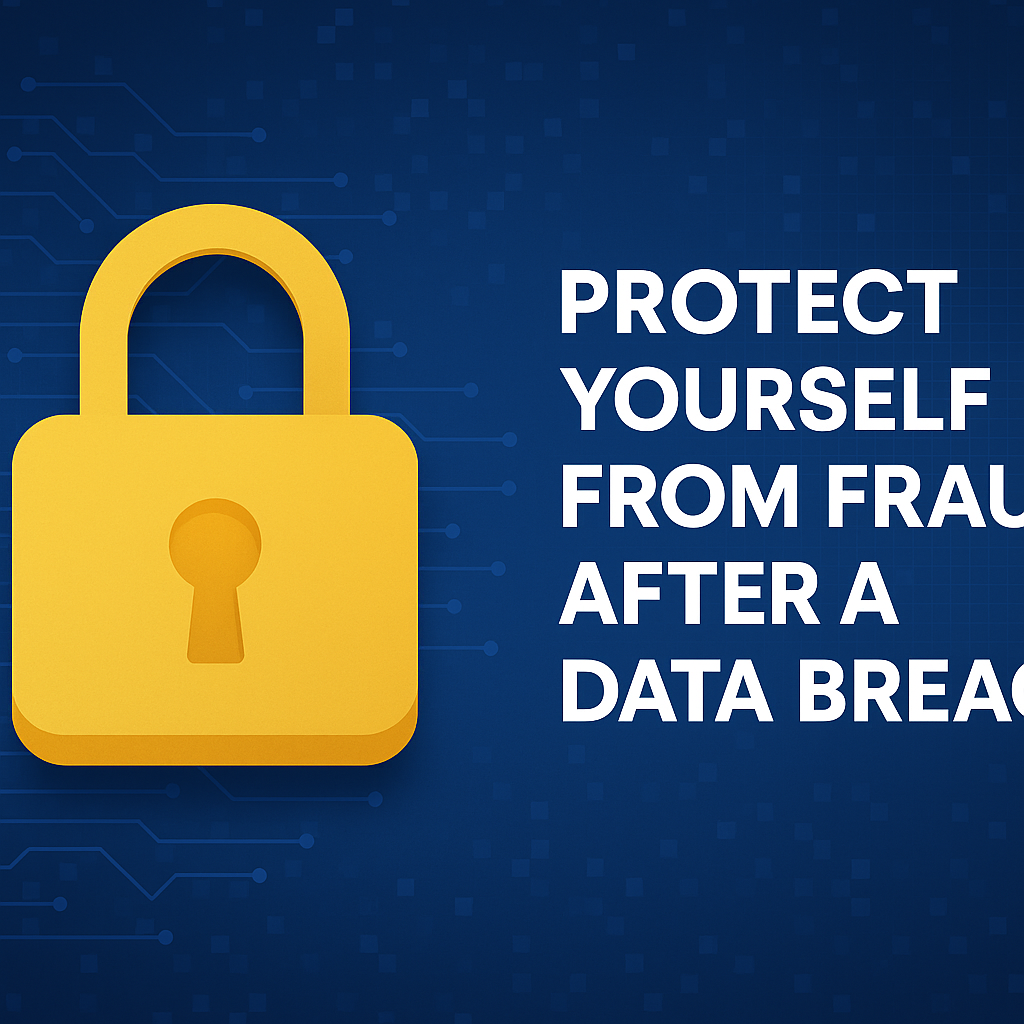With recent reports of data breaches affecting major online retailers, many people are understandably worried about how their personal information might be used by criminals. While most of the data exposed is not typically enough to access your bank accounts or open new ones in your name, it can still be used in sophisticated scams known as social engineering.
Understanding how to protect yourself—and your credit—is more important than ever.
What's Included?
What Is Social Engineering?
Social engineering is a tactic used by fraudsters who pretend to be someone you trust, like a bank, delivery service, government agency, or even the police. They may use details stolen in a data breach—like your name, email address, or home address—to sound convincing and trick you into handing over more sensitive information or even your money.
For example, a scammer might call or message you claiming to be from your bank and use personal details to make it sound legitimate. They may then ask you to share a one-time passcode or transfer funds for supposed “security” reasons.
How to Stay Safe from Scams
Here are essential tips to help you protect your personal and financial information:
- Never share personal or banking details—including One Time Passcodes (OTPs)—with anyone over the phone, by email, or via text message.
- Avoid reusing passwords or PINs across different platforms. If one account is compromised, it could lead to access to others.
- Your bank will never ask you to move your money for security reasons. If someone does, it’s a scam.
- Be cautious of unexpected calls, texts, or emails. Fraudsters can fake (or “spoof”) phone numbers and email addresses to make them appear genuine.
- Verify who you’re speaking to. If something doesn’t feel right, hang up and contact the company using an official number from their website or a trusted source.
If you spot any unusual activity or think you may have been targeted, contact your bank immediately and report the incident.
Monitor Your Credit File for Suspicious Activity
One of the most effective ways to protect yourself after a data breach is to monitor your credit report regularly. If a criminal has obtained your personal details, they may try to apply for credit in your name without your knowledge.
Here’s what to watch out for:
- New credit applications you didn’t make
- Credit searches (especially hard searches) that you don’t recognise
- Changes to your personal information such as your address or name
Monitoring your credit file helps you spot signs of identity theft early so you can take action before further damage is done. You can check your credit report for free with services like Credit Score, which also offers alerts for key changes to your file.
How to Spot a Genuine Communication From Your Bank
Here are a few signs that a message from your bank is likely genuine:
✅ It’s addressed to you personally
✅ It may include identifiable information (like part of your account number or postcode)
✅ It does not include links asking you to log in directly from an email or text
✅ It never asks for sensitive personal details like full passwords, PINs, or OTPs
If a message looks suspicious or doesn’t follow these guidelines, don’t click any links or respond. Report it directly to your bank or financial provider using their official contact details.
Final Thoughts
Data breaches and fraud attempts are becoming more frequent and sophisticated. Staying alert, questioning unexpected communications, and regularly monitoring your credit file can help protect your financial health.
Start protecting your credit today by signing up for free monitoring at credit-score.co.uk. It’s one of the easiest ways to stay informed and in control.



